A day after celebrating what they called a people’s victory in Maharashtra’s decision to withdraw Hindi as a mandatory third language from Classes I to V, the Uddhav Thackeray-led Shiv Sena clarified that its resistance to Hindi imposition should not be conflated with broader linguistic or ideological stances taken by leaders in southern states. The statement followed remarks by Tamil Nadu Chief Minister MK Stalin, who had praised the Maharashtra development and linked it to a larger movement against perceived attempts to impose Hindi nationwide.
Sanjay Raut, a senior leader from the Uddhav Sena faction, underlined that the party’s opposition was strictly restricted to the classroom. Addressing journalists on Sunday, Raut said, “We are not against Hindi. We speak Hindi. But we will not allow it to be forced on our children in primary education. Our battle ends there.” The clarification drew a visible line between their educational policy push and broader anti-Hindi rhetoric emerging from Tamil Nadu and other non-Hindi speaking regions.
Maharashtra’s school education department had, under pressure from regional parties and civil society groups, decided to reverse its earlier notification mandating Hindi as a compulsory third language from Class I. The policy rollback came after coordinated pushback, most notably from the Uddhav-led Sena and from Raj Thackeray’s Maharashtra Navnirman Sena, marking a rare show of unity between the estranged cousins.
The thaw in relations between Uddhav and Raj, even if temporary, was symbolically significant. Both leaders shared a public platform for the first time in over a decade, jointly addressing supporters to hail what they described as the “voice of Maharashtra” prevailing over what they termed an “unilateral imposition.” Although the event sparked speculation over possible political realignment ahead of the municipal elections in Mumbai, Sunday’s remarks by Raut appeared designed to deflate any notions of the Sena aligning ideologically with anti-Hindi positions seen elsewhere.
Political observers in Mumbai noted that the clarification was likely aimed at preserving the party’s traditional voter base, which includes substantial sections of north Indian-origin voters in urban constituencies. By distancing the party from broader anti-Hindi campaigns, the Uddhav faction seems keen to project itself as both culturally rooted in Maharashtra and inclusive of linguistic diversity.
MK Stalin had, on Saturday, stated that the rollback in Maharashtra validated his long-standing opposition to the National Education Policy, which he argues promotes Hindi at the expense of other regional languages. His comments were seen by some as an attempt to stitch together a broader coalition of southern and western regional parties opposed to what they view as the Centre’s push for “Hindi-Hindu-Hindustan.”
However, Raut’s remarks made it clear that while the Uddhav-led faction shares concerns about preserving Marathi and protecting educational autonomy, it does not endorse any blanket opposition to Hindi itself. “We respect all languages,” he said. “But when it comes to our children in primary schools, Marathi must be the foundation. We will not accept mandatory Hindi instruction for those formative years.”
The political context of the language row is complex. While the National Education Policy does not explicitly impose Hindi, critics argue that its three-language formula could be used to push Hindi in non-Hindi speaking states. Several southern states have refused to implement the Hindi provisions of the NEP, and the issue has become a flashpoint in Centre-state relations over educational policy.
In Maharashtra, the language directive had led to protests from teachers’ unions, parent bodies, and Marathi cultural organisations. The decision to withdraw the directive was seen by some educationists as a win for decentralised policy-making, while others warned it could hinder national integration and mobility if regional languages continue to dominate early schooling.
The involvement of both Uddhav and Raj Thackeray signalled the political salience of language in Maharashtra, especially at a time when both factions of the original Shiv Sena are trying to assert dominance over the party’s legacy. While the Eknath Shinde-led government controls the official machinery, Uddhav’s faction has been actively positioning itself as the authentic heir to the Sena’s Marathi-first ideology, albeit with a more inclusive tone.
By collaborating with Raj on this issue, Uddhav managed to broaden his appeal without appearing to embrace the more hardline stances traditionally associated with the MNS. Still, the partnership remains tentative, with no confirmation of further collaboration. Political analysts suggest that while their joint appearance was effective in delivering a policy win, deep-rooted rivalries and divergent electoral strategies may keep them apart in the long run.
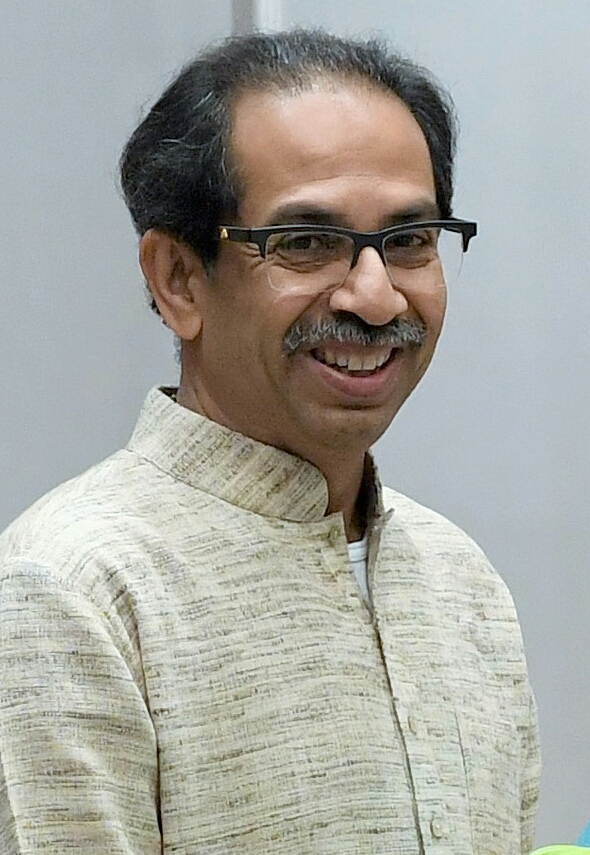
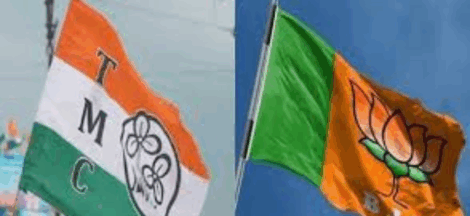
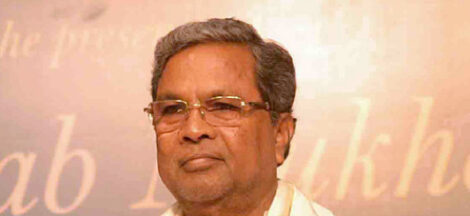
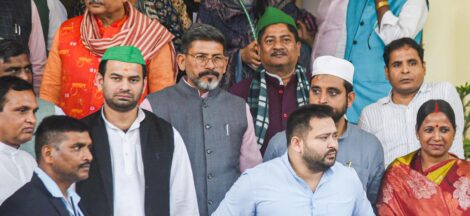
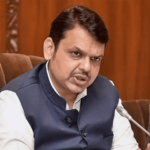 Gujarat BJP Rebuts Thackeray over Patel Remarks
Gujarat BJP Rebuts Thackeray over Patel Remarks 